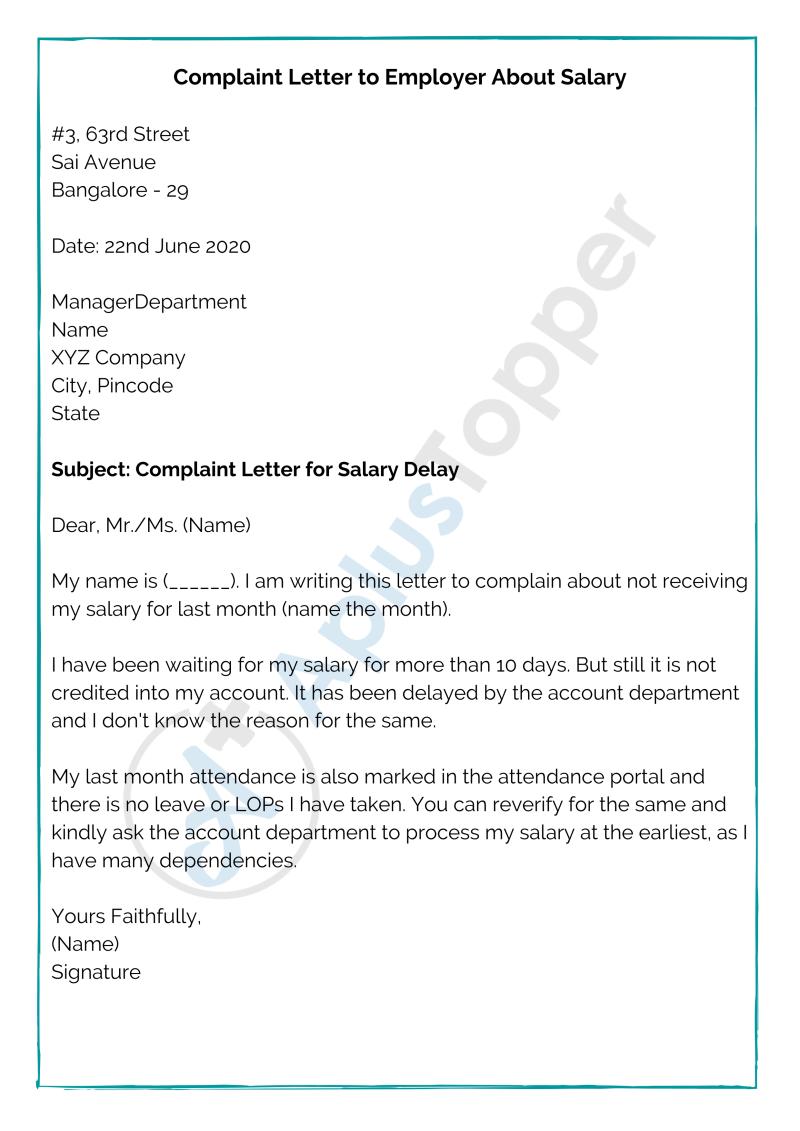How to complain about lawyer?
If you believe you have grounds to file a complaint against a lawyer, you can follow the appropriate procedures established by legal authorities in your jurisdiction. The process may vary depending on the country or state. Here are general steps you can consider:
Contact the Lawyer:
- Before filing a formal complaint, consider discussing your concerns directly with the lawyer. Misunderstandings or issues may be resolved through communication.
Review State Bar Association Procedures:
- In many jurisdictions, the state or country's bar association regulates lawyers. Visit the website of your state or country's bar association to find information on the complaint process. Look for a section related to filing grievances or complaints against attorneys.
Gather Information:
- Collect relevant information and documents related to your complaint. This may include communication with the lawyer, fee agreements, and any evidence supporting your claims.
Draft a Complaint:
- Prepare a written complaint detailing the facts of your case, including the lawyer's actions or behavior that you find objectionable. Be clear and concise in your description.
Include Supporting Documents:
- Attach copies of relevant documents that support your complaint. This may include correspondence, contracts, invoices, or any other pertinent records.
Submit the Complaint:
- Follow the submission instructions provided by the bar association. This may involve mailing the complaint to a specific address or submitting it through an online portal. Some jurisdictions may have specific forms to fill out.
Wait for a Response:
- After submitting your complaint, the bar association will review the case. The lawyer will typically be given an opportunity to respond to your allegations.
Participate in the Process:
- Be prepared to participate in any investigative process initiated by the bar association. This may involve providing additional information or answering questions about your complaint.
Review the Decision:
- Once the investigation is complete, the bar association will make a decision. You will be informed of the outcome, and the lawyer may face disciplinary action if warranted.
Consider Legal Advice:
- If you are unsure about the process or want legal advice, you may consult with another attorney to guide you through the complaint process.
Remember that the specific procedures and regulations for filing a complaint against a lawyer can vary, so it's crucial to check with the relevant legal authority in your jurisdiction for accurate and up-to-date information. Additionally, keep in mind that the outcome of the complaint process may vary, and not all complaints result in disciplinary action against the lawyer.
Filing a complaint against a lawyer can be a complex process, and it's important to follow the proper procedures to ensure your complaint is taken seriously and investigated thoroughly. Here's a general overview of the steps involved:
Identify the Grounds for Complaint: Determine the specific reasons why you are filing a complaint against the lawyer. Common grounds for complaints include professional misconduct, ethical violations, negligence, and malpractice.
Gather Evidence: Collect any documentation or evidence that supports your complaint. This may include copies of emails, letters, contracts, or other relevant documents.
Contact the Appropriate Authority: Identify the relevant bar association or disciplinary body responsible for handling complaints against lawyers in your jurisdiction. Each state or country has its own disciplinary system.
Obtain a Complaint Form: Obtain the appropriate complaint form from the bar association or disciplinary body. The form will typically ask for detailed information about the complaint, including the lawyer's name, contact information, the nature of the complaint, and the evidence you have gathered.
Complete the Complaint Form: Carefully fill out the complaint form, providing accurate and detailed information about the complaint. Attach any relevant documentation or evidence.
Submit the Complaint Form: Submit the completed complaint form to the bar association or disciplinary body. There may be filing fees associated with submitting a complaint.
Investigation and Review: The bar association or disciplinary body will review your complaint and determine whether to investigate further. If the complaint is deemed valid, an investigation will be conducted.
Hearing or Adjudication: If the investigation substantiates the allegations, a formal hearing or adjudication may take place. This will involve presenting evidence and arguments before a panel or committee.
Decision and Discipline: If the lawyer is found to have violated professional rules or committed misconduct, the disciplinary body may impose sanctions, such as a reprimand, suspension, or disbarment.
Appeal: If you disagree with the outcome of the complaint process, you may have the right to appeal the decision to a higher authority.
Additional Considerations:
Seek legal advice: Consider consulting with an attorney specializing in legal ethics or disciplinary matters to guide you through the complaint process and ensure your rights are protected.
Document communication: Keep detailed records of all communication and interactions with the lawyer and the disciplinary body.
Timeline for complaints: Be aware of the timelines for filing complaints and the duration of the investigation and disciplinary process.
Confidentiality: Complaints are generally confidential, but there may be exceptions in certain cases.
Remember, filing a complaint against a lawyer is a serious matter and should be taken with due consideration. It's important to have a valid basis for your complaint, gather evidence to support your allegations, and follow the proper procedures to ensure your complaint is handled appropriately.










